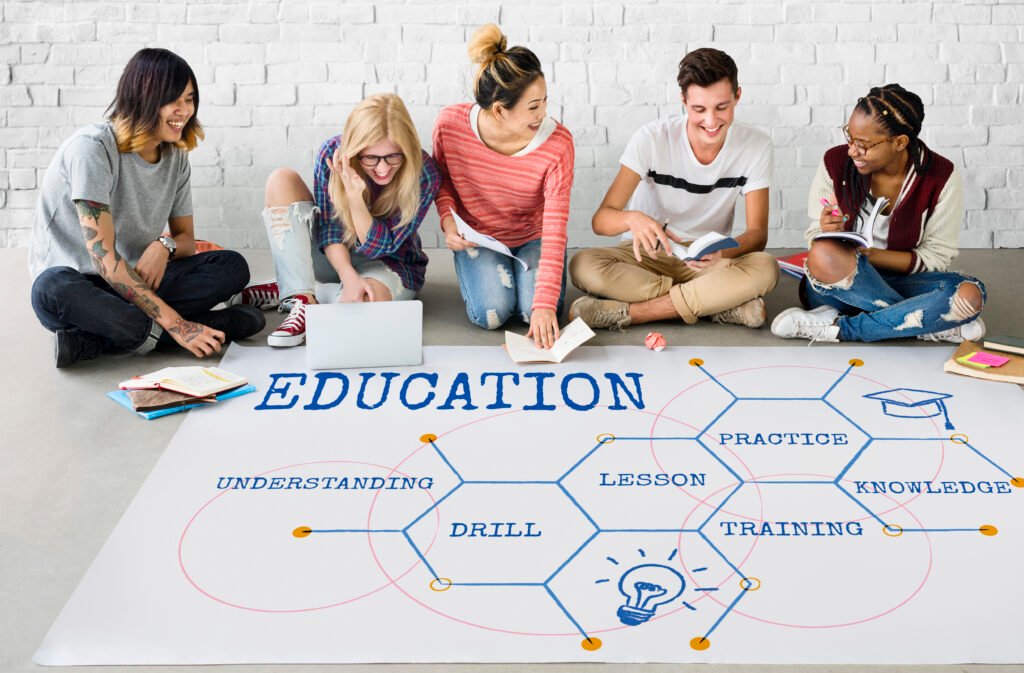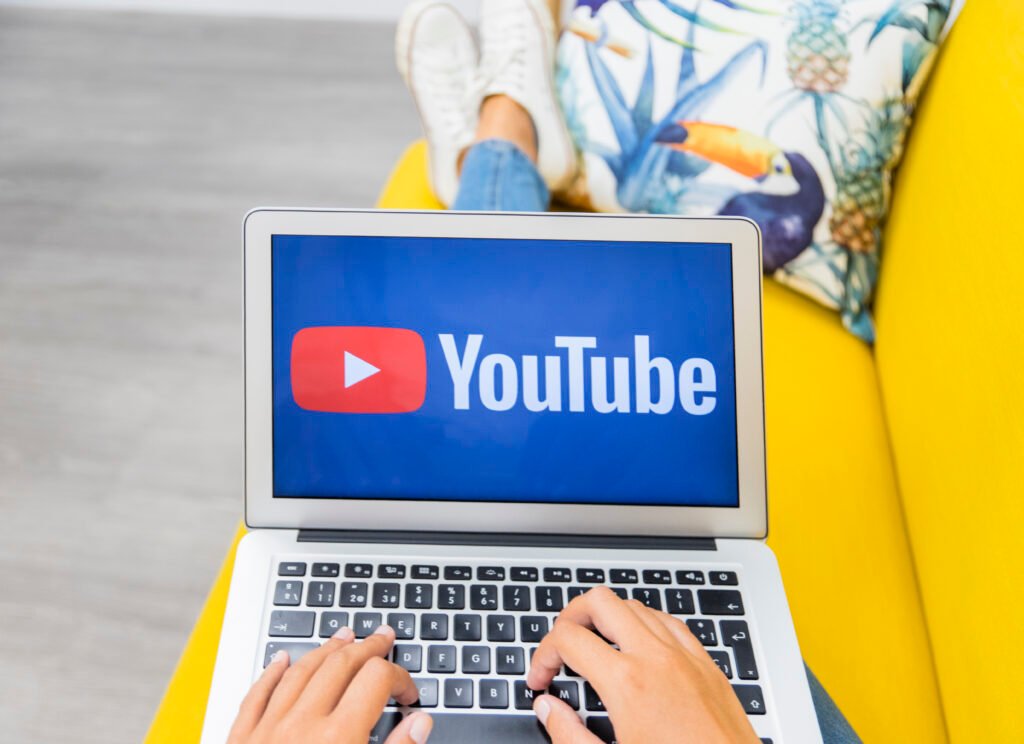
ONLINE COACHING & TUTORING

SKILL DEVVELOPMWNT CENTERS

DIGITAL NOTES & MATERIAL BUSSINESS

CARRER COUNCELING

YOUTUBE CHANNEL

BOOKS & EDUCATIONAL SUPPLIES STORE
Rethinking Education in 2025: What It Should Be for the Next Generation
Education in 2025 should empower, not just instruct. Explore how modern learning must evolve to foster creativity, real-world skills, and lifelong curiosity.
Introduction: Education Needs More Than Change—It Needs Purpose
In a world evolving faster than ever, education can’t remain rooted in the past. Traditional methods no longer meet the needs of today’s students—or tomorrow’s challenges. The question isn’t just “what should we teach?” It’s “how should we prepare learners to thrive in life, not just exams?”
In 2025 and beyond, education should be transformational, not transactional. It should foster curiosity, adaptability, problem-solving, empathy, and resilience—the true currency of the future.
What Education Should Look Like Today:
1. Learner-Centric, Not System-Centric
Education should no longer be about memorizing facts for standardized tests. It should be about meeting each learner where they are—catering to different learning speeds, styles, and interests.
What it looks like:
- Flexible learning paths and modular curriculums
- Personalized feedback and project-based learning
- Teachers as guides, not just instructors
2. Skills Over Scores
Instead of producing test-takers, schools and universities should focus on building real-world skills like communication, critical thinking, collaboration, and digital literacy.
Essential skill areas:
- Financial literacy
- Coding and data analysis
- Creative thinking and storytelling
- Emotional intelligence and leadership
🡺 Explore our guide on 21st Century Skills Every Student Needs
3. Integration of Technology with Purpose
Technology should enhance learning, not just digitize textbooks. With tools like AI tutors, VR simulations, and interactive content, students can learn in engaging, adaptive environments.
Examples of effective tech use:
- Gamified learning platforms like Kahoot or Duolingo
- Augmented reality for science and geography
- Online collaboration tools for group projects
🡺 Check out: How EdTech Is Reshaping Modern Classrooms
4. Focus on Lifelong Learning
Learning shouldn’t stop at graduation. In today’s economy, continuous skill development is crucial.
Education should encourage:
- Growth mindsets and curiosity
- Access to online courses and micro-credentials
- Partnerships with industries for hands-on experience
5. Inclusion, Accessibility, and Equity
A modern education system must serve all students, regardless of background, ability, or location.
How it can be achieved:
- Inclusive teaching practices and multilingual resources
- Affordable access to internet and devices
- Specialized support for students with disabilities
🡺 Read more: How to Build Inclusive Classrooms in a Digital Age
6. Character and Citizenship Building
Beyond academics, students should leave school with a sense of social responsibility, self-awareness, and global perspective.
Key focus areas:
- Ethics and empathy
- Environmental awareness
- Digital citizenship and media literacy
Education should shape not just capable workers—but conscious, compassionate humans.
The Role of Educators in a Reimagined System
In this evolved model, teachers are no longer just content deliverers. They are mentors, facilitators, and lifelong learners themselves.
- Teachers should be given tools, training, and trust.
- Professional development must evolve alongside student expectations.
- Collaboration between educators, students, and parents must be encouraged.
Final Thoughts: The Future of Education Starts Now
Education should be more than a system—it should be a movement toward personal growth, empowerment, and innovation. In 2025, we have the opportunity to move from outdated models to dynamic, inclusive, and forward-thinking education that prepares people not just for a job, but for life.
We don’t need more students who just know the right answers—we need more thinkers, builders, leaders, and changemakers.
And that begins with rethinking how we teach, why we teach, and who we’re teaching for.
